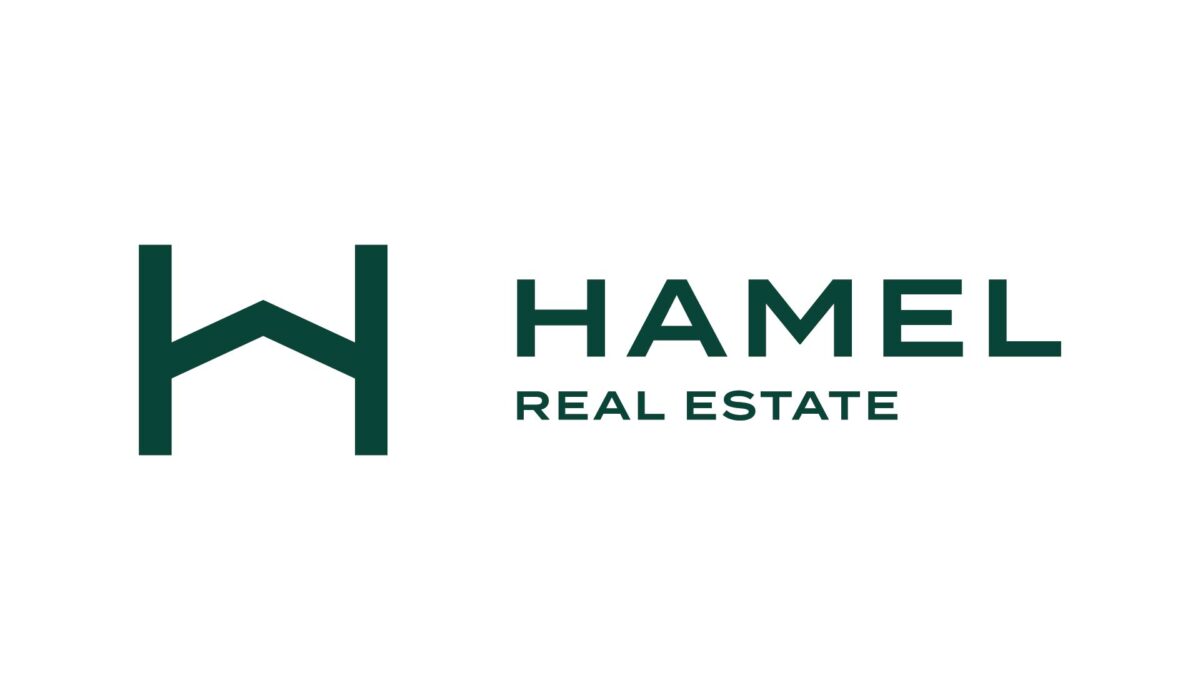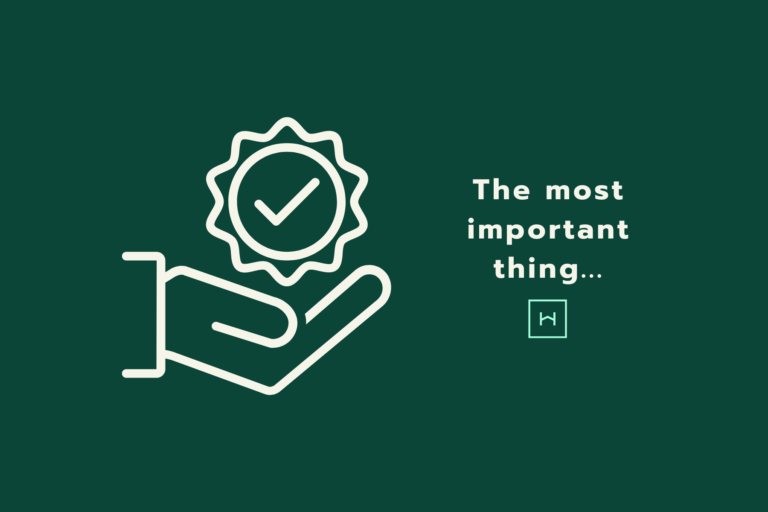In elementary school I made the first bet of my life on the SuperBowl. I do not remember if I won or lost the bet, only that it changed the way I looked at athletics. Today I don’t bet on sports games. When asked I respond, “I only bet on myself.” I feel much more confident when I am in control of the bet. Even if the odds are worse, I’d rather have control of if I win or lose. That’s why I invest in real estate. It gives me a level of control that I don’t have when I invest in the stock market.
Imagine this scenario: You arrive at the golf course to play 18 holes with three friends from high school. You know going into the round that you’re sharing a cart with Frank, while Joe and John share the other cart. Once inside the cart Frank says, “I’ll bet you $20 that Joe beats John today.” You think about the wager and respond, “I only bet on myself. If you want to play $5 a hole against me, count me in.”
The point here is that when you bet on yourself you make the rules and determine the outcome. Whether it’s closest to the pin for $1,000 or buying a duplex, you are in control of the terms and conditions. The game itself will always have rules; you can’t pick up your golf ball and throw it just like you can’t go against city zoning laws, but if you follow the rules of the game everything else is in your control.
For me, investing in the stock market has always felt similar to betting on sports. Yes, you can invest in index funds which over a long period of time provide safe returns but I’m mostly referring to day trading. You can spend days or months collecting and analyzing data. You can follow the advice or “picks” of a guru. You can hedge your bets and do everything in your power to make a smart investment; but at the end of the day when that investment is made, all you can do is sit back and watch someone else control the fate of it. I again want to note that there is a fundamental difference between long-term investing and sports gambling, but the idea that your money is in someone else’s control is constant. That is where investing in real estate is different.
If investing in the stock market is the equivalent of sports gambling then investing in real estate is the equivalent of gambling on myself in a game of ping pong. Similar to betting on 18 holes of golf, I have the ability to control the outcome. Investing in real estate gives me the freedom and control to do it however I want to. Whether it be short term rentals close to my favorite beach, buying 2-4 units close to my favorite nightlife or flipping 12-unit buildings in my hometown, I am in control.
Another powerful factor about investing in real estate is that you can get others to invest in you too. Now imagine you’re back on the golf course. Your friend in your cart, Frank, doesn’t want the pressure or risk of making his own bet but he believes in you and your talent. He says if you play against Joe or John, he’ll double down on your bet and buy you a drink after the round if you win. If you lose, you owe him a drink. You’ve got a deal Frank!
Now this analogy starts to slightly differ from real estate because there tends to be a lot more risk buying apartment buildings than betting on golf, but the idea is the same. If someone else believes in you and your skillset, they can invest in you. Now, not only are you betting on yourself but you’re leveraging your bet by getting others to invest in you as well. The best part is that when you win, you and your investor get to celebrate together. Suddenly not only are you shaping your own future with your efforts, but you’re directly helping someone else close to you. This is the power of real estate investing.
Certain individuals may not want to bet on themselves and that’s perfectly acceptable. I can understand someone wanting to cautiously invest in someone else while they focus on other things, but that could never be me. I have always wanted to bet on myself and I plan to spend my career investing in real estate.
Written by Stephen Pearse




